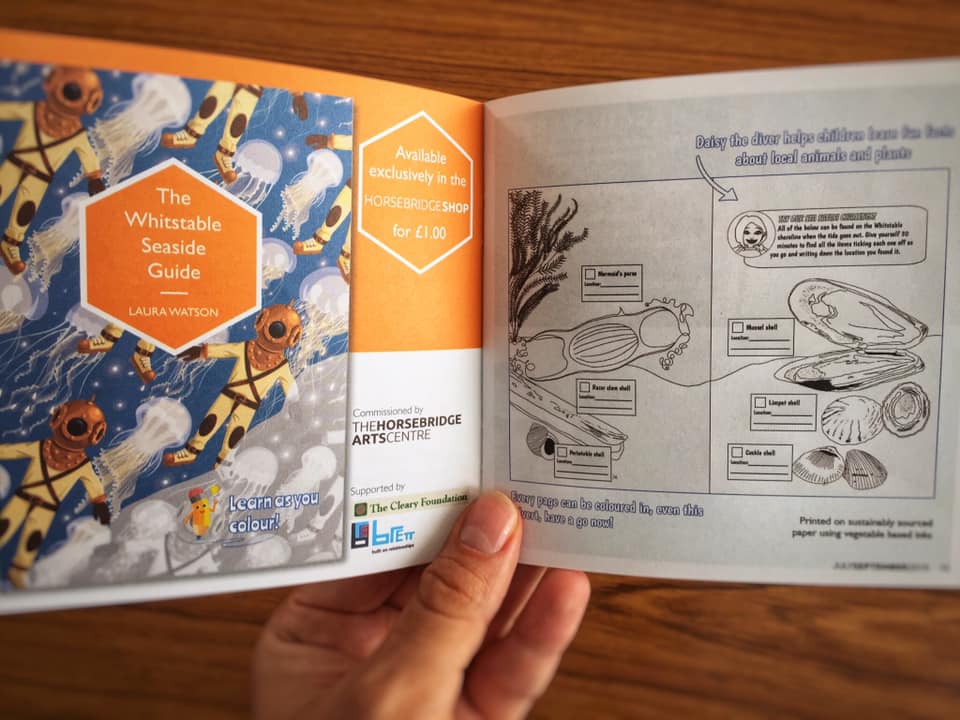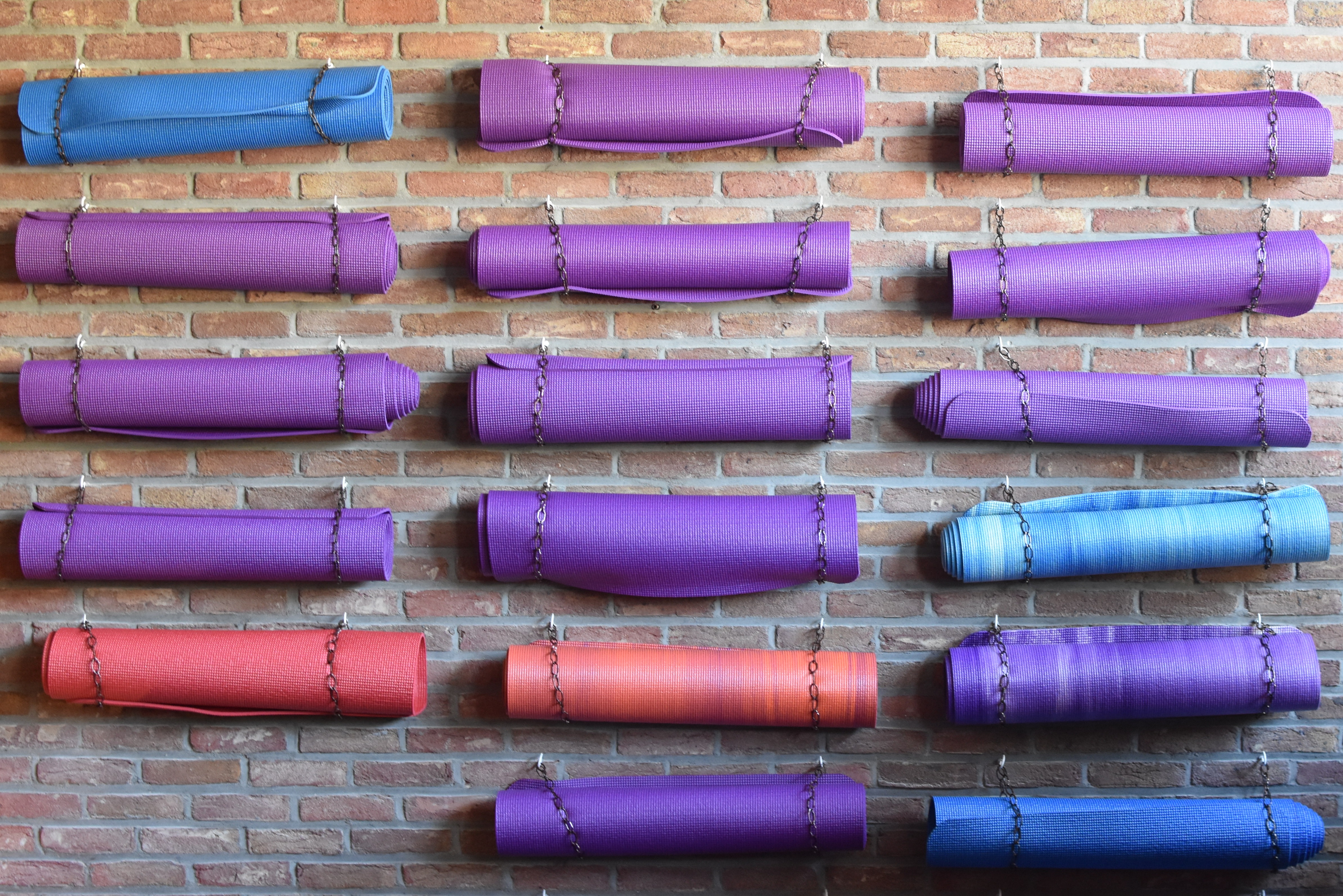Just about everyone I come into contact with in London, it seems, share a similar sense of time deprivation. Of course, most of us, most of the time, have goals; having a job, going to school, raising children, all require us to get things to be done. There’s nothing wrong with drive but we live in a culture that prizes productivity and speed. Before we know it, we’re embroiled in a perpetual battle with time, missing out on our connections.
Is there a way to live that frees us from the cycle of longing for more time, misusing the time we do have, and then blaming a lack of time for our discontent? The answer is yes. I’ve worked with people on improving their relationship with time. Happily, doing so doesn’t require withdrawing from the world. Nor do you need to focus on timesaving tips for scheduling yourself with ever-greater efficiency. Instead, you bring greater awareness to the way you experience time by building small steps into your daily routine that help you savor your life.
To experience time differently, you need to cultivate and practice a new relationship with it, just as you’d nurture a yoga or meditation practice. At first, you may feel as though you’re swimming against the current of cultural cues that push you to do more and move faster. It may not be easy to change, but the rewards are great. This approach can bring you into a deeper harmony with time, allowing you to engage more fully with every moment.
Your first step is self-study, one of the ethical principles of yoga. This asks you to look inward and get to know yourself better. It teaches you to feel the difference between your own natural rhythms and the world around you. It can teach you what’s practical and healthy to focus on, and what you may need to delegate or drop.
In much the same way that those who struggle with food issues may be unaware of what and how they’re eating, you may not have examined the behaviors and assumptions that shape your relationship with time. Taking a time inventory gives you a window into the values that underlie your time-spending habits. Begin your self-study by asking yourself questions like these: Besides eating and sleeping, how do I allocate my time in 24-hours? Do the activities on which I spend most of my time nourish me, or do they feel obligatory? When I long for more time, what do I imagine doing with it?
Do you feel time starved? Has your yoga or meditation practice helped you deal with any time issues?









